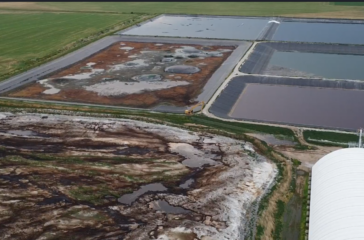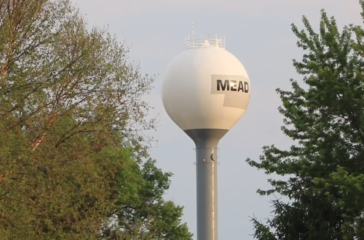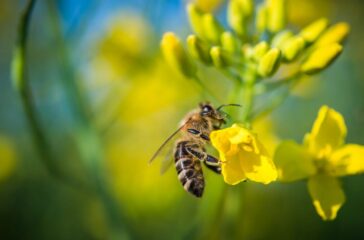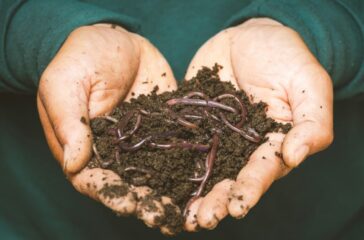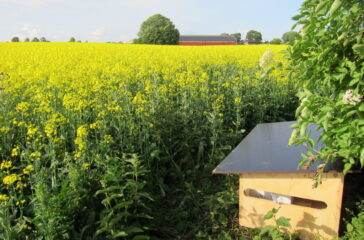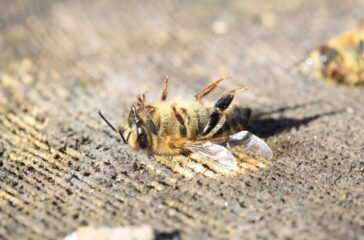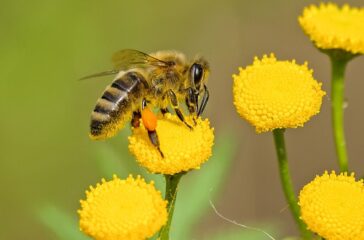Nebraska residents call for tighter insecticide regulations after contamination event
By Shannon Kelleher
More than four years after a massive contamination event tied to pesticide-coated farm seeds rocked a rural Nebraska community, environmental and public health advocates are calling on state officials to remove regulatory exemptions for the coated seeds, and to monitor waterways for the pesticide pollutants.
 EWG
EWG